Everyone Needs An Emergency Fund
Many people can find themselves in financial difficulty overnight when they are unexpectedly struck by a job loss, an injury or a health problem. Few people have insurance coverage for these issues and, if they do, benefits are often slow to kick in or are denied for one reason or another. This can be enough to push people living paycheque to paycheque into an immediate financial crisis.
Recent statistics highlight the need for everyone to have an emergency fund that is sufficient to cover at least one months’ worth of expenses, although three to six months is recommended. Setting up an emergency fund takes time and effort, but getting started is the key.
Here are some simple steps to help you get started:
Set Goal Amounts
Start by making a list all of your essential expenses for one month (rent/mortgage, utilities, groceries, vehicle expenses, insurances etc.). Once your list is complete, use the total as a representation of your first goal amount.Start with a Small Deposit
Although your overall goal amount might look like a large number, pick one expense (like your rent or mortgage) and make small deposits into your emergency fund until you have enough saved for one month. Then pick the next expense (like your vehicle payment) and start saving for this expense, and so on. Before you know it you will have a full months’ worth of expenses saved and you can start saving for a second month.Pick the Place for the Savings
There are several products that can serve as a safe place for your emergency fund, a Tax Free Savings Account is a good example. Talk to a certified investment advisor about what product works best for you. Keep in mind that you want the funds to be accessible in the case of an emergency, but not too accessible.Make Regular Contributions
Use automatic transfers to ensure regular amounts are being saved every month. Use a loonie / toonie jar to save pocket change and deposit these amounts to your savings regularly. You will be surprised how quickly you can save money by doing these two simple tasks.Establish what Constitutes an Emergency
The funds that you are setting aside should be used when something unexpected happens, such as a job loss or a serious health issue.
If you have very little income, an alternative to having an emergency fund is to have emergency food stored. Every time you grocery shop, consider buying one or two extra non-perishable food items. After a period of time, you will have a good store of food and, if an emergency hits, you can use your regular food budget to cover the unexpected expense.
One of the best financial risk management strategies is an emergency fund. It can protect your financial stability and ensure your financial security. Emergency funds can prevent you from having to borrow to pay for an unexpected event.
Start your journey to financial freedom. Book your free, no obligation consultation today to connect with one of our experienced BC/Yukon Licensed Insolvency Trustees.

